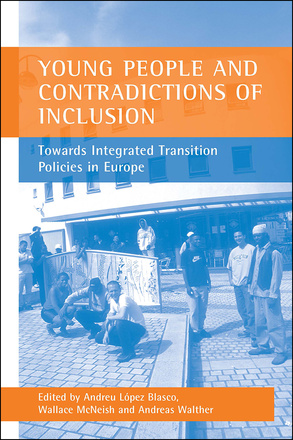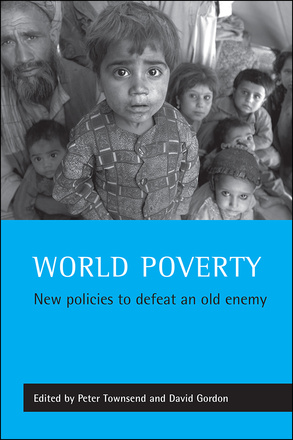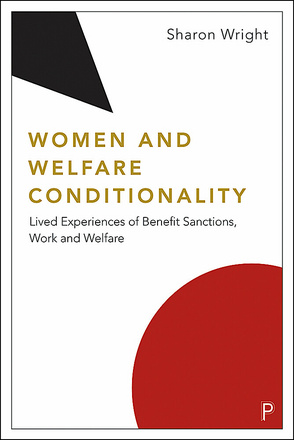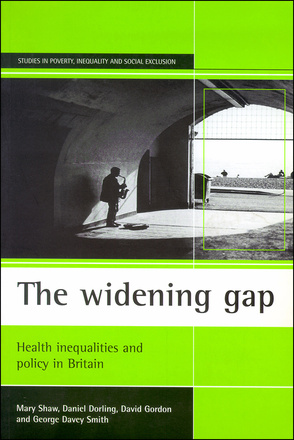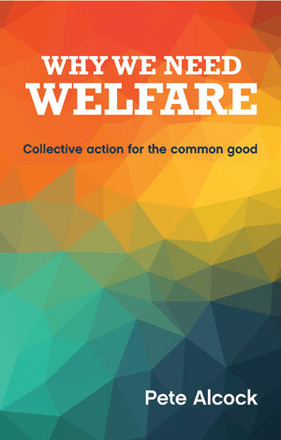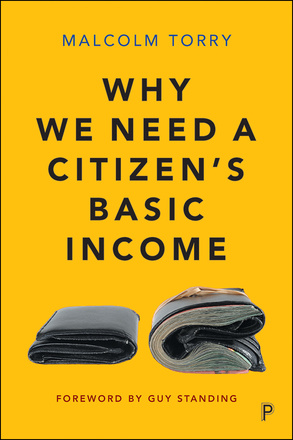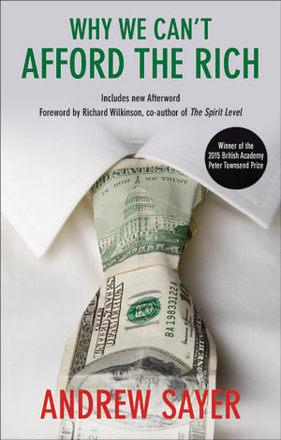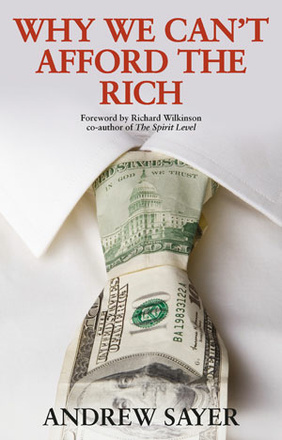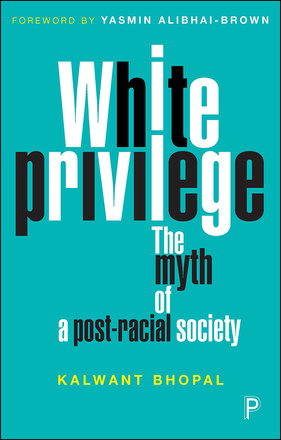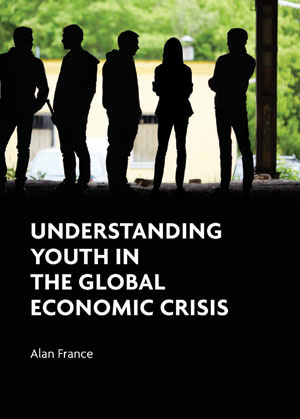Poverty, inequality and social mobility
Young people and contradictions of inclusion
Towards Integrated Transition Policies in Europe
Young people and contradictions of inclusion critically assesses policies addressing young people's transitions from school to employment. It presents and discusses the findings of seven EU-funded projects involving 13 countries.
World poverty
New policies to defeat an old enemy
The study, when published in 2002, received coverage across the globe from Brazil to Greece and attracted the support of the then High Commissioner for Human Rights, Mary Robinson. Anyone interested in understanding, campaigning or simply debating the issues facing policy makers today will find this book a rich and compelling resource.
Women and Welfare Conditionality
Lived Experiences of Benefit Sanctions, Work and Welfare
Drawing on a wealth of qualitative longitudinal evidence, this book casts light on women’s lived experiences of welfare and work. It uncovers the hidden gendered bias of conditional welfare reforms to challenge dominant political discourses, policy design and practice norms.
The widening gap
Health inequalities and policy in Britain
This report presents critical new evidence on the size of the widening health gap. New geographical data are presented and displayed in striking graphical form. The widening gap should be read alongside Inequalities in health: The evidence presented to the Independent Inquiry into Inequalities in Health (The Policy Press, 1999).
Why We Need Welfare
Collective Action for the Common Good
Explains the challenges that collective welfare faces, and explores the complexities involved in delivering it, including debates about who benefits from welfare and how and where it is delivered.
Why We Need a Citizen’s Basic Income
This fully updated and revised edition of Money for everyone includes new material to move the debate around Basic Income on from one of desirability to that of feasibility and implementation.
Why We Can't Afford the Rich
Why we can’t afford the rich exposes the unjust and dysfunctional mechanisms that allow the top 1% to siphon off wealth produced by others. With an updated Afterword, Andrew Sayer shows how the rich worldwide have increased their ability to hide their wealth, create indebtedness and expand their political influence.
Why We Can't Afford the Rich
Why we can’t afford the rich exposes the unjust and dysfunctional mechanisms that allow the top 1% to siphon off wealth produced by others. With an updated Afterword, Andrew Sayer shows how the rich worldwide have increased their ability to hide their wealth, create indebtedness and expand their political influence.
White Working-Class Voices
Multiculturalism, Community-Building and Change
EPUB and EPDF available Open Access under CC-BY-NC-ND licence. This important book provides the first substantial analysis of white working class perspectives on multiculturalism and change in the UK, improving our understanding of this under-researched group and suggesting a new and progressive agenda for white working class communities.
White Privilege
The Myth of a Post-Racial Society
Why and how do those from black and minority ethnic communities continue to be marginalised? Bhopal explores how neoliberal policy-making has increased discrimination faced by those from non-white backgrounds. This important book examines the impact of race on wider issues of inequality and difference in society.
Wealth and the Wealthy
Exploring and Tackling Inequalities between Rich and Poor
Using many data sources, this timely book provides a comprehensive discussion of issues of wealth, looking at potential policy responses, including 'asset-based' welfare and taxation.
Understanding Youth in the Global Economic Crisis
Drawing on eight countries as case studies Professor Alan France tells the story of what impact the 2007 global crisis and the great recession that followed has had on our understandings of youth.







